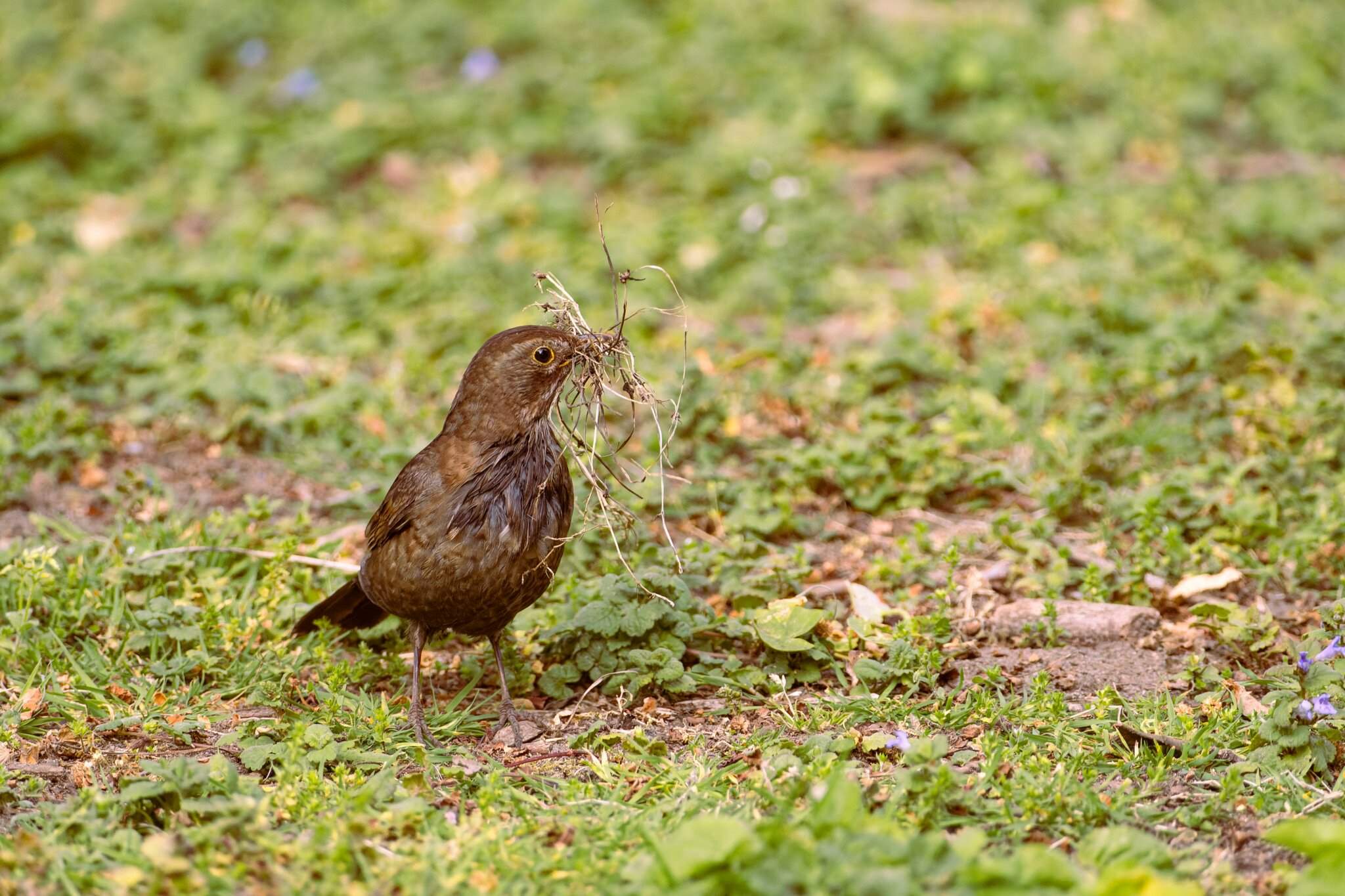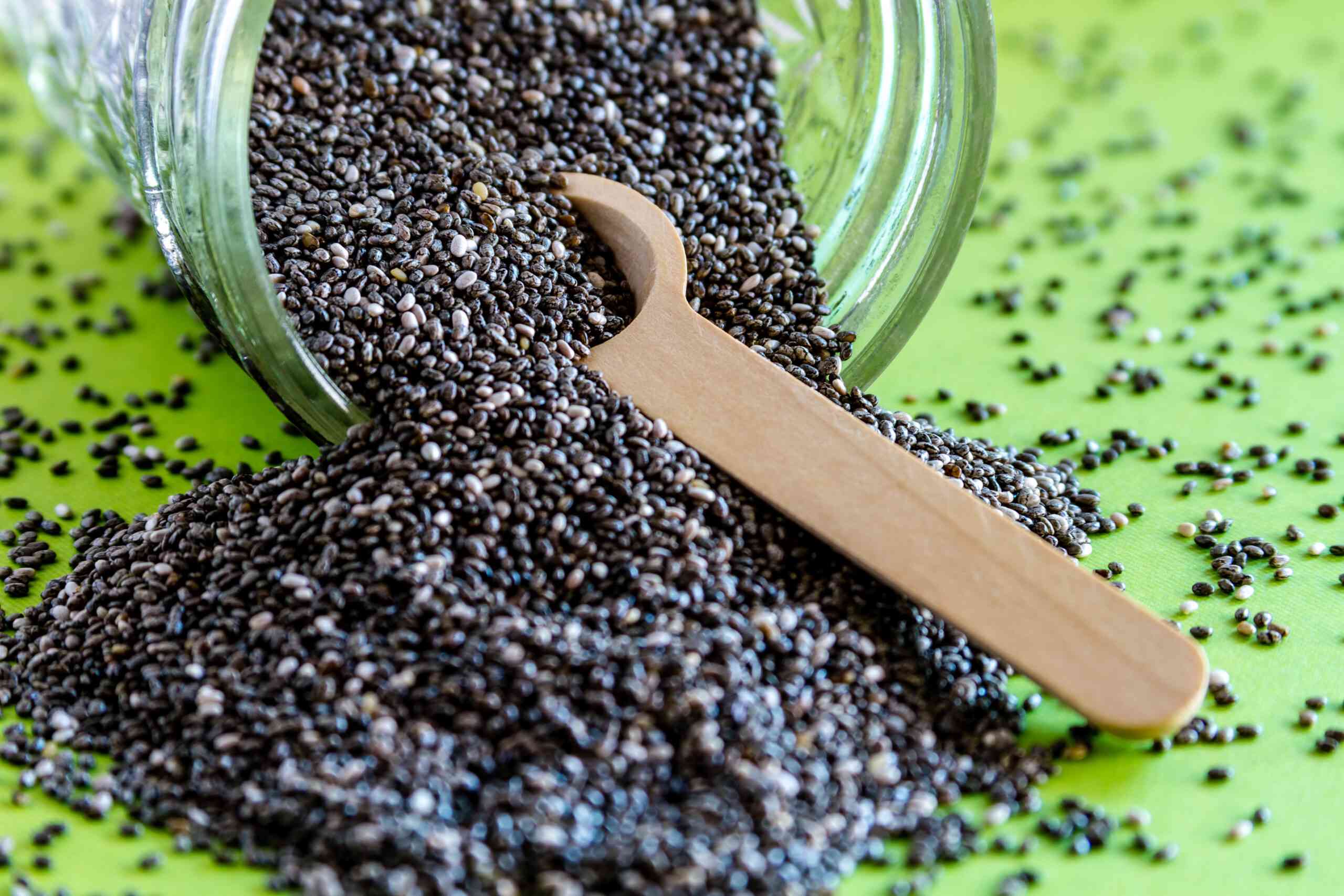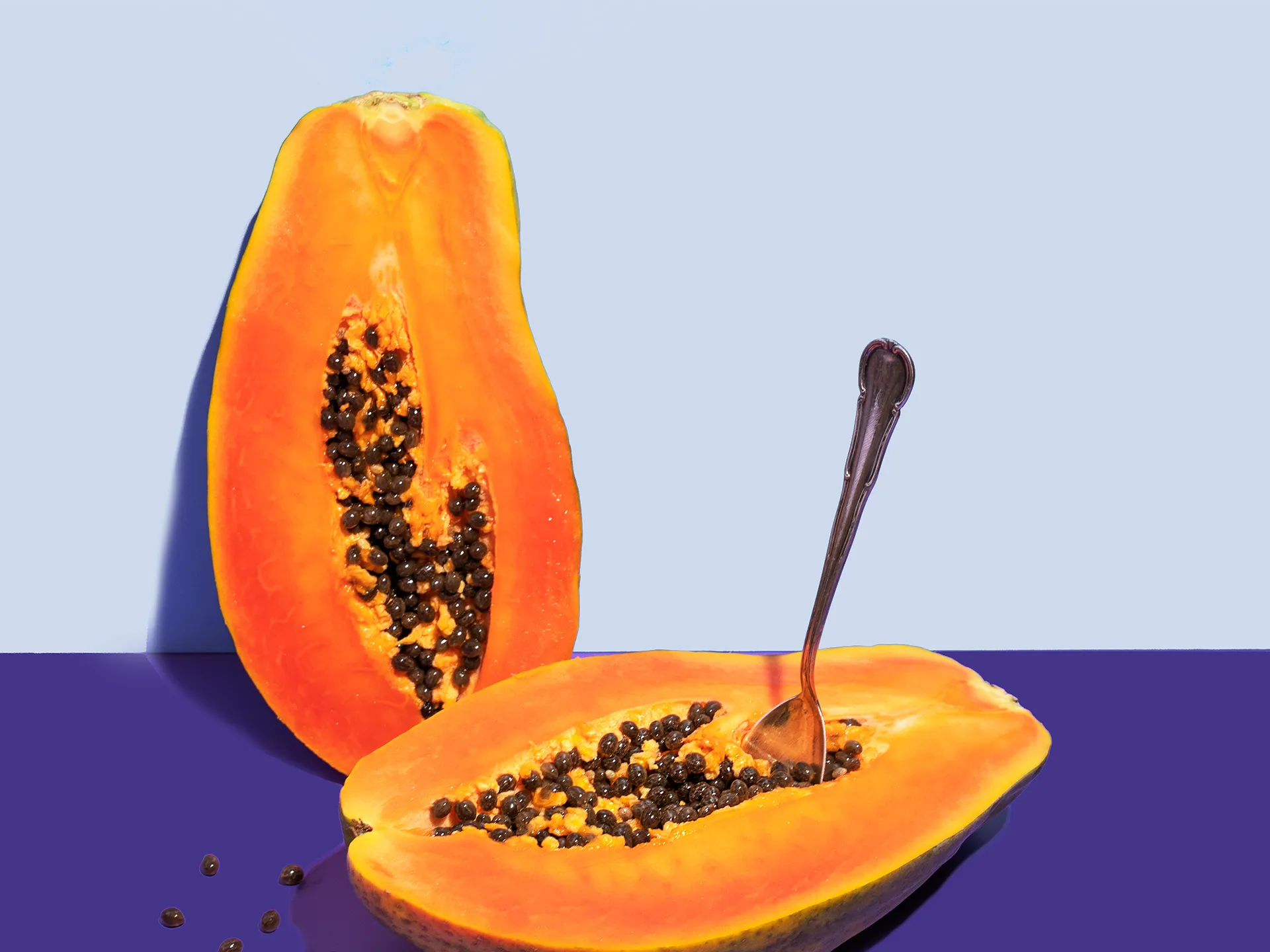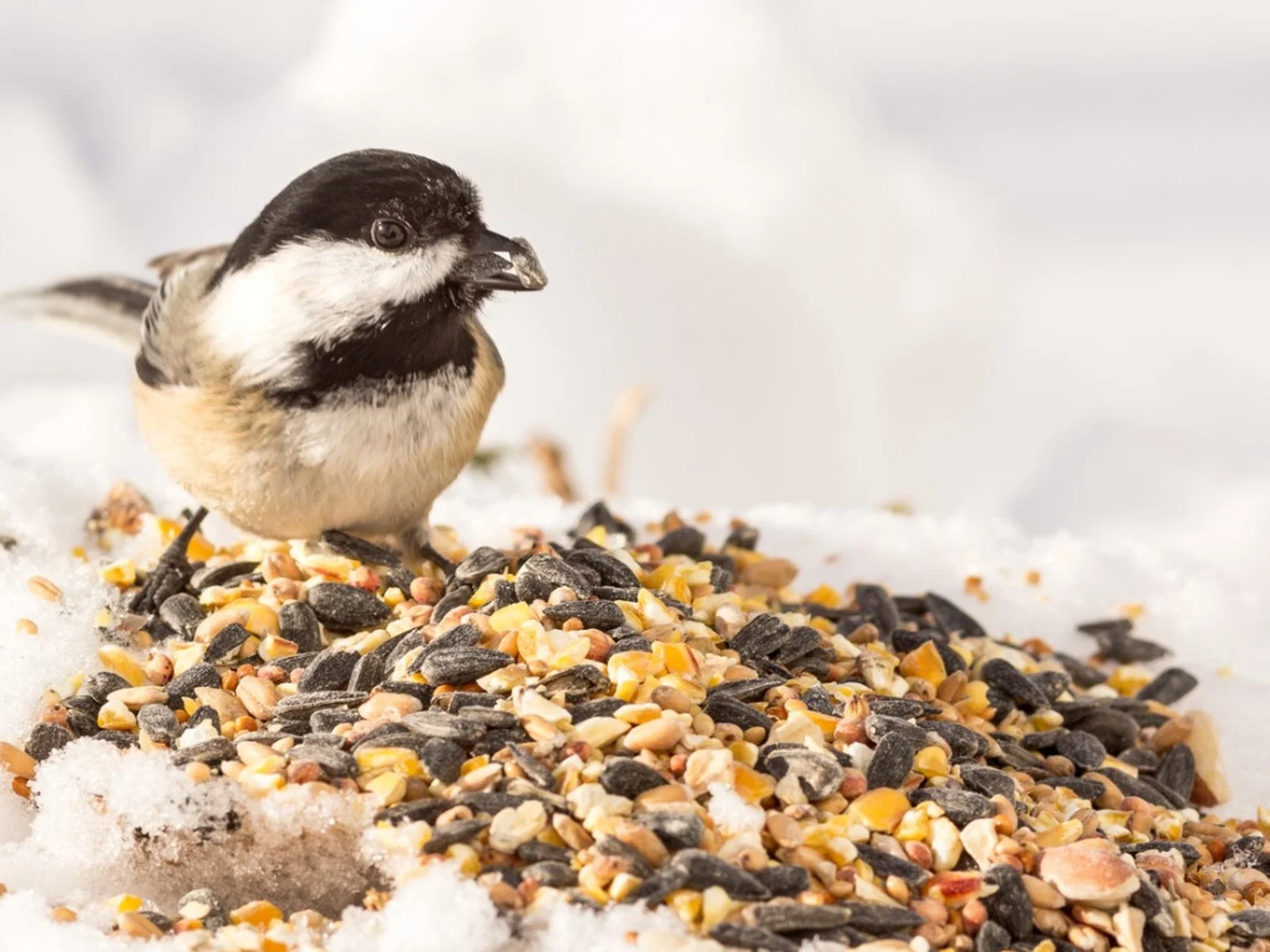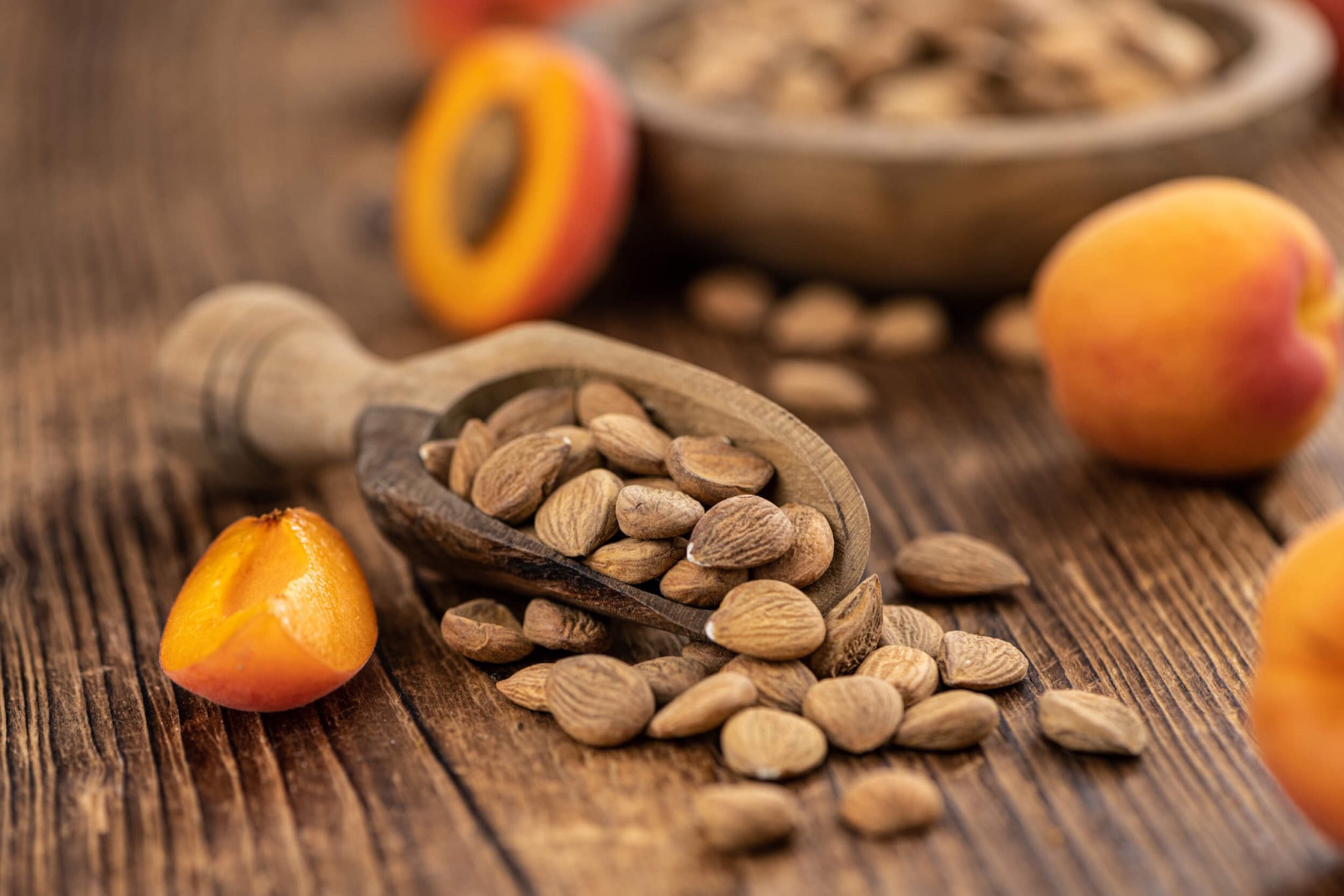Home>Types of Gardening>Edible Gardening>How To Eat Black Seeds
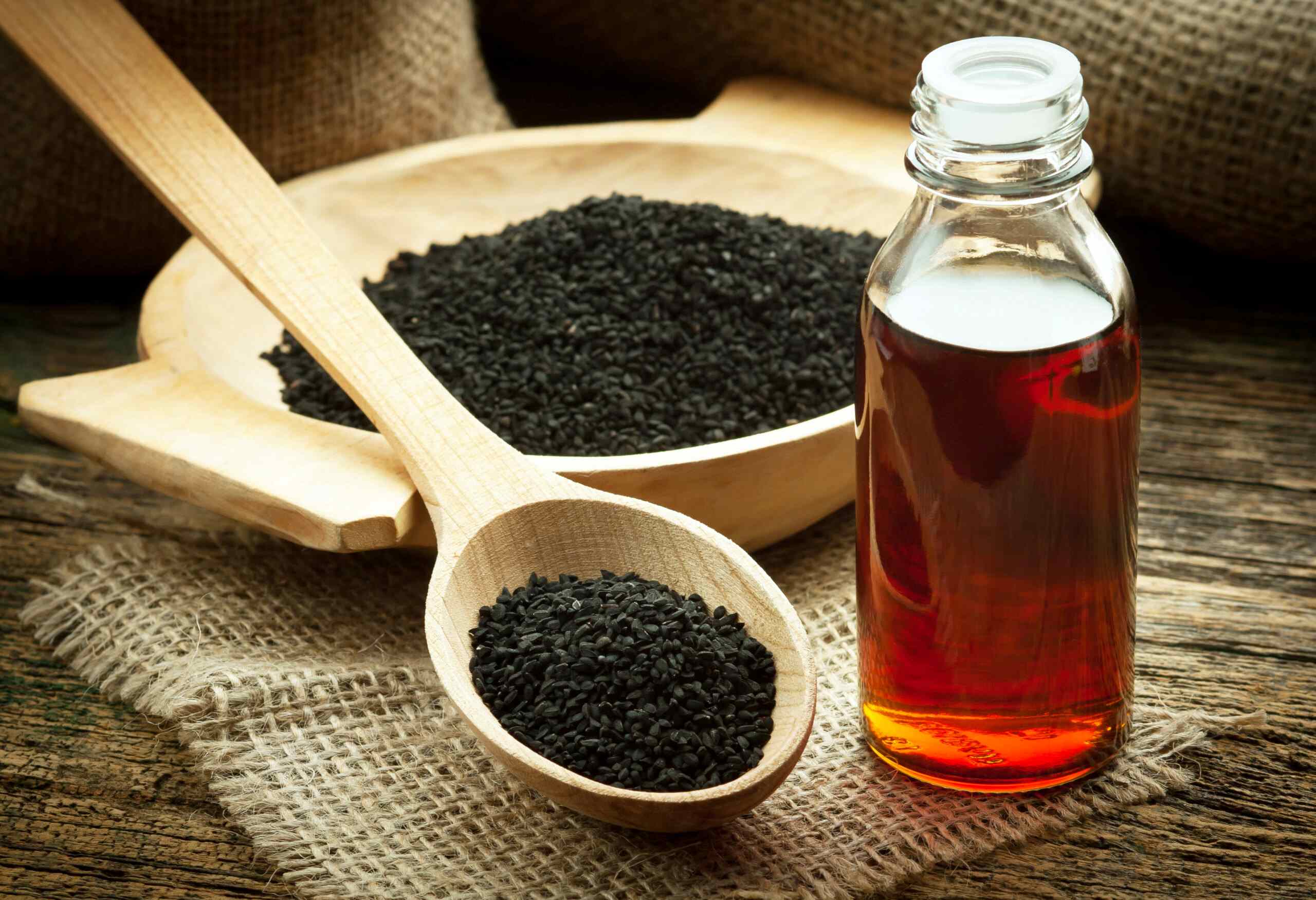

Edible Gardening
How To Eat Black Seeds
Modified: January 22, 2024
Learn how to incorporate black seeds into your edible gardening routine for added health benefits and delicious flavors. Discover the secrets to growing and eating black seeds.
(Many of the links in this article redirect to a specific reviewed product. Your purchase of these products through affiliate links helps to generate commission for Chicagolandgardening.com, at no extra cost. Learn more)
Table of Contents
Introduction
Welcome to the wonderful world of edible gardening! Growing your own food is not only a rewarding experience but also a great way to ensure that you have access to fresh, organic produce right in your backyard. One versatile and nutritious plant that you might consider adding to your garden is black seeds.
Black seeds, also known as Nigella sativa, have been used for centuries for their medicinal properties and culinary uses. These tiny seeds pack a powerful punch when it comes to nutrition and health benefits. Whether you are a seasoned gardener or new to the world of edible gardening, incorporating black seeds into your garden and culinary repertoire can be a highly rewarding endeavor.
In this article, we will explore the nutritional value of black seeds, the various health benefits they offer, different ways to incorporate them into your diet, and even provide you with some delicious black seed recipes.
But before we delve into the details, let’s take a closer look at what black seeds are and why they deserve a spot in your edible garden.
The Nutritional Value of Black Seeds
Black seeds are small, oval-shaped seeds that come from the Nigella sativa plant. They are a rich source of essential nutrients and are often referred to as a superfood. These seeds are packed with vitamins, minerals, and antioxidants, making them a valuable addition to your diet.
One of the key nutrients found in black seeds is thymoquinone, a compound with powerful antioxidant properties. Antioxidants help protect your body’s cells from damage caused by free radicals and oxidative stress. Black seeds also contain important vitamins like vitamin A, vitamin C, vitamin E, and several B vitamins. These vitamins play a vital role in maintaining overall health and supporting the immune system.
In addition to vitamins, black seeds are rich in minerals such as calcium, iron, magnesium, and zinc. These minerals are essential for various bodily functions, including bone health, energy production, and immunity.
The high fiber content of black seeds also contributes to their nutritional value. Fiber is crucial for maintaining a healthy digestive system and promoting regular bowel movements. It can also help control blood sugar levels and lower cholesterol levels, reducing the risk of heart disease and diabetes.
Furthermore, black seeds contain a good amount of healthy fats, including omega-3 fatty acids. These fats are known for their anti-inflammatory properties and can support heart health and brain function.
Overall, the nutritional profile of black seeds makes them a nutrient-dense addition to any diet. Incorporating them into your meals can provide you with a wide range of essential vitamins, minerals, and antioxidants, promoting overall health and well-being.
Health Benefits of Black Seeds
Black seeds have been used for medicinal purposes for centuries, renowned for their numerous health benefits. Let’s explore some of the key advantages that consuming black seeds can offer:
- Boosts the immune system: Black seeds are rich in antioxidants and nutrients that support a healthy immune system. They can help strengthen your body’s ability to fight off infections and diseases.
- Anti-inflammatory properties: The active compounds in black seeds have anti-inflammatory properties that can help reduce inflammation in the body. This can be beneficial for individuals with chronic inflammatory conditions such as arthritis.
- Aids digestion: Black seeds are known to have digestive benefits. They can help alleviate symptoms of indigestion, bloating, and constipation. The fiber content in black seeds promotes regular bowel movements and supports a healthy digestive system.
- Supports heart health: The healthy fats found in black seeds, such as omega-3 fatty acids, can help reduce the risk of heart disease by lowering cholesterol levels and improving cardiovascular function. They can also help regulate blood pressure and prevent the formation of blood clots.
- Enhances skin health: Black seeds have been traditionally used to improve skin conditions such as eczema and psoriasis. Their anti-inflammatory and antioxidant properties can help reduce redness, itching, and other symptoms associated with these skin conditions.
- Weight management: Incorporating black seeds into your diet can aid in weight management. The fiber content promotes feelings of fullness and can help control cravings, leading to reduced calorie intake.
- Improves cognitive function: The antioxidant compounds in black seeds may have neuroprotective properties, helping to improve cognitive function and memory.
- Supports respiratory health: Black seeds have been used for centuries to alleviate respiratory conditions such as asthma and allergies. Their anti-inflammatory properties can help reduce airway inflammation and improve breathing.
These are just a few of the many health benefits that black seeds offer. By incorporating them into your diet, you can harness their healing properties and promote overall well-being.
Incorporating Black Seeds into Your Diet
Now that you’re aware of the numerous health benefits of black seeds, let’s explore how you can easily incorporate these seeds into your daily diet:
- Sprinkle on salads: One of the easiest ways to enjoy black seeds is by sprinkling them on top of your favorite salads. They add a nutty flavor and a satisfying crunch, boosting the nutritional value of your meal.
- Mix into yogurt or smoothies: Black seeds can be mixed into yogurt or added to your favorite smoothie for an extra dose of nutrition. They blend seamlessly with other ingredients and provide added texture.
- Incorporate into baked goods: Get creative in the kitchen by adding black seeds to your homemade bread, muffins, or cookies. They can add a unique flavor and provide a nutritional boost to your baked goods.
- Use as a seasoning: Black seeds can be used as a seasoning in various dishes. They pair well with roasted vegetables, stir-fries, and curries, adding a distinct flavor to your meals.
- Make spice blends: You can create your own spice blend by combining black seeds with other spices such as cumin, coriander, and turmeric. This homemade spice mixture can be used to season meat, poultry, and vegetable dishes.
- Mix with honey: For a natural immune-boosting remedy, mix black seeds with honey. This mixture can be consumed directly or used as a spread on toast or crackers.
- Create a nutritious tea: Black seed tea can be brewed by steeping black seeds in hot water. This herbal infusion is thought to have numerous health benefits and can be enjoyed as a warm beverage.
Remember to start with small amounts of black seeds and gradually increase your intake as you become accustomed to the taste and texture. It’s also essential to purchase high-quality black seeds from reputable sources to ensure their freshness and potency.
By incorporating black seeds into your diet in creative and delicious ways, you can reap the nutritional rewards and enhance your overall well-being.
Different Ways to Prepare Black Seeds for Consumption
Black seeds can be prepared in various ways to enhance their flavor and make them more enjoyable to consume. Here are some different ways to prepare black seeds for consumption:
- Roasting: Roasting black seeds can add a delicious nuttiness and enhance their flavor. Simply heat a dry skillet over medium heat and add the black seeds. Stir occasionally until they are lightly toasted and fragrant. Be careful not to burn them.
- Grinding: Grinding black seeds into a fine powder can provide a versatile ingredient. You can use this powdered form in spice blends, sprinkle it on dishes, or mix it into smoothies and juices for added nutrition.
- Soaking: Soaking black seeds in water or any liquid can soften them and make them easier to consume. You can soak black seeds in water overnight and then drink the infused water in the morning for a refreshing and nutritious beverage.
- Mixing with oil: Mixing black seeds with a carrier oil, such as olive oil, can create a flavorful and nutrient-dense dressing or marinade. This mixture can be used to drizzle over salads, roasted vegetables, or added to sauces and dips.
- Sprouting: Sprouting black seeds can amplify their nutritional value. Rinse the seeds thoroughly and then place them in a sprouting tray or a jar with a mesh lid. Rinse them twice a day for a few days until they sprout. Sprouted black seeds can be added to salads or used as a garnish for various dishes.
Experimenting with different preparation methods will allow you to discover your preferred way of enjoying black seeds. Whether you choose to roast, grind, soak, mix, or sprout them, incorporating black seeds into your culinary creations can take your dishes to the next level nutritionally and flavor-wise.
Black Seed Recipes
Black seeds are a versatile ingredient that can be used in a variety of recipes to add a nutritious and flavorful twist. Here are a few delicious black seed recipes to inspire you:
- Black Seed Salad Dressing: In a small bowl, whisk together 2 tablespoons of black seed oil, 2 tablespoons of lemon juice, 1 tablespoon of honey, 1 teaspoon of Dijon mustard, and a pinch of salt and pepper. Drizzle this dressing over your favorite salad for a zesty and healthy boost.
- Black Seed Energy Balls: In a food processor, blend 1 cup of dates, 1 cup of almonds, 2 tablespoons of black seeds, 2 tablespoons of cocoa powder, and a pinch of salt until well combined. Roll the mixture into small balls and refrigerate for an hour. These energy balls make a delicious and nutritious snack.
- Black Seed Roasted Vegetables: Preheat your oven to 400°F (200°C). Toss your favorite vegetables, such as carrots, bell peppers, zucchini, and sweet potatoes, with 2 tablespoons of olive oil, 1 teaspoon of black seeds, and a pinch of salt and pepper. Roast the vegetables for 25-30 minutes until they are tender and golden. Serve as a side dish or add them to salads and grain bowls.
- Black Seed Smoothie: In a blender, combine 1 ripe banana, 1 cup of spinach, 1 cup of almond milk, 1 tablespoon of black seeds, 1 tablespoon of almond butter, and a handful of ice cubes. Blend until smooth and creamy. This refreshing smoothie is packed with nutrients to start your day on a healthy note.
- Black Seed Quinoa Salad: Cook 1 cup of quinoa according to package instructions. In a large bowl, combine the cooked quinoa with chopped cucumber, cherry tomatoes, diced red onion, chopped fresh parsley, and 2 tablespoons of black seeds. Dress the salad with a mixture of lemon juice, olive oil, salt, and pepper. Toss well and serve as a light and nutritious meal.
These are just a few examples of how you can incorporate black seeds into your recipes. Feel free to get creative and experiment with different combinations to find your favorite ways to enjoy this nutritious ingredient.
Precautions and Side Effects of Black Seeds
While black seeds offer numerous health benefits, it is important to exercise caution and be aware of potential precautions and side effects. Here are some important points to keep in mind:
- Allergies: Some individuals may be allergic to black seeds. If you have a known allergy to seeds or plants in the Ranunculaceae family, it is advisable to avoid consuming black seeds.
- Pregnancy and breastfeeding: Pregnant and breastfeeding women should consult with their healthcare provider before incorporating black seeds into their diet. The safety of black seeds during pregnancy and lactation has not been extensively studied.
- Interactions with medication: Black seeds may interact with certain medications, including blood thinners, immunosuppressants, and antidiabetic drugs. If you are taking any medications, it is crucial to consult with your healthcare provider before adding black seeds to your diet.
- Potential digestive discomfort: Some individuals may experience gastrointestinal discomfort, such as bloating, gas, or diarrhea, when consuming black seeds in large amounts. Start with small quantities and gradually increase the intake to determine your tolerance level.
- Not recommended for children: Due to the lack of sufficient research, it is generally recommended to avoid giving black seeds to young children without consulting a pediatrician.
It’s important to note that the information provided here is not meant to replace professional medical advice. If you have any concerns or specific health conditions, it is recommended to consult with a healthcare professional before incorporating black seeds into your diet.
By being aware of these precautions and potential side effects, you can make informed decisions and enjoy the potential benefits of black seeds safely.
Conclusion
Incorporating black seeds into your edible garden and diet can be a fantastic way to boost your health and add a unique flavor to your meals. These tiny seeds are packed with essential nutrients, antioxidants, and have a wide range of health benefits.
We explored the nutritional value of black seeds, including their vitamins, minerals, and fiber content. Black seeds offer numerous health benefits, such as boosting the immune system, reducing inflammation, aiding digestion, and supporting heart health.
Furthermore, we discussed different ways to incorporate black seeds into your diet, including sprinkling them on salads, mixing them into yogurt or smoothies, and using them as a seasoning. These versatile seeds can be roasted, ground, soaked, or sprouted to enhance their flavor and nutritional value.
To further ignite your culinary creativity, we provided you with a selection of black seed recipes, including salad dressing, energy balls, roasted vegetables, smoothies, and quinoa salad. These recipes showcase the versatility of black seeds and how they can elevate your dishes.
Lastly, we highlighted the importance of taking precautions and being aware of potential side effects when consuming black seeds. Allergies, medication interactions, digestive discomfort, and specific considerations during pregnancy and breastfeeding should be taken into account before incorporating black seeds into your diet.
Overall, black seeds are a valuable addition to any edible garden and can enhance the nutritional value of your meals. By incorporating these beneficial seeds into your diet, you can embark on a journey of improved health and culinary exploration.
